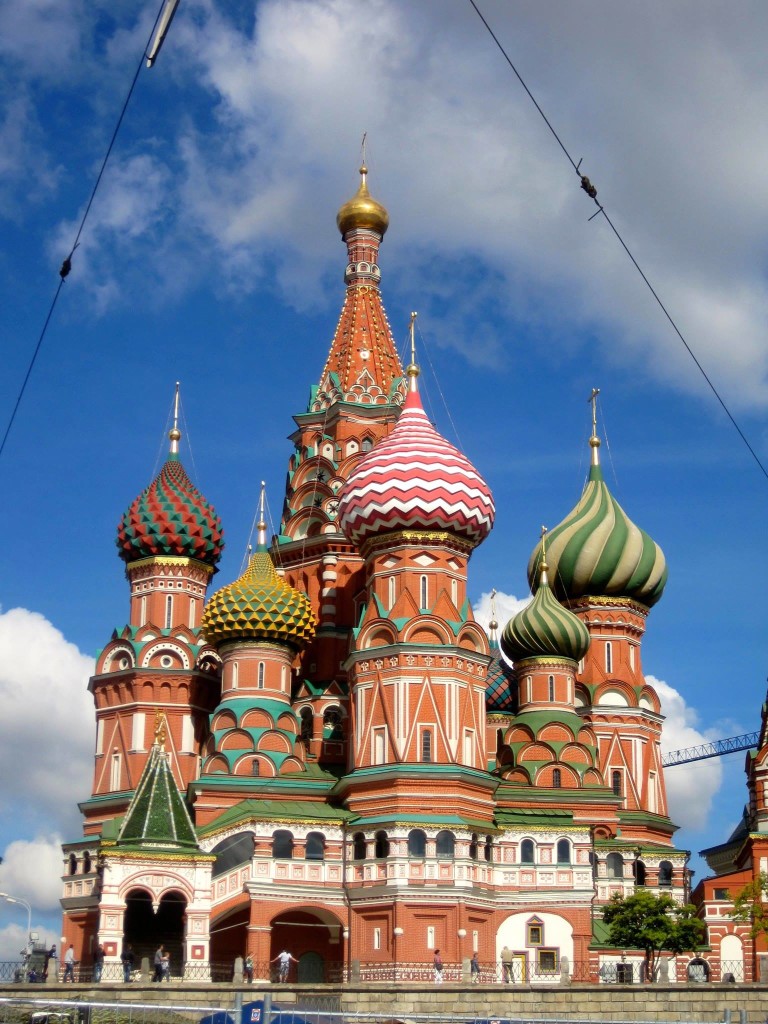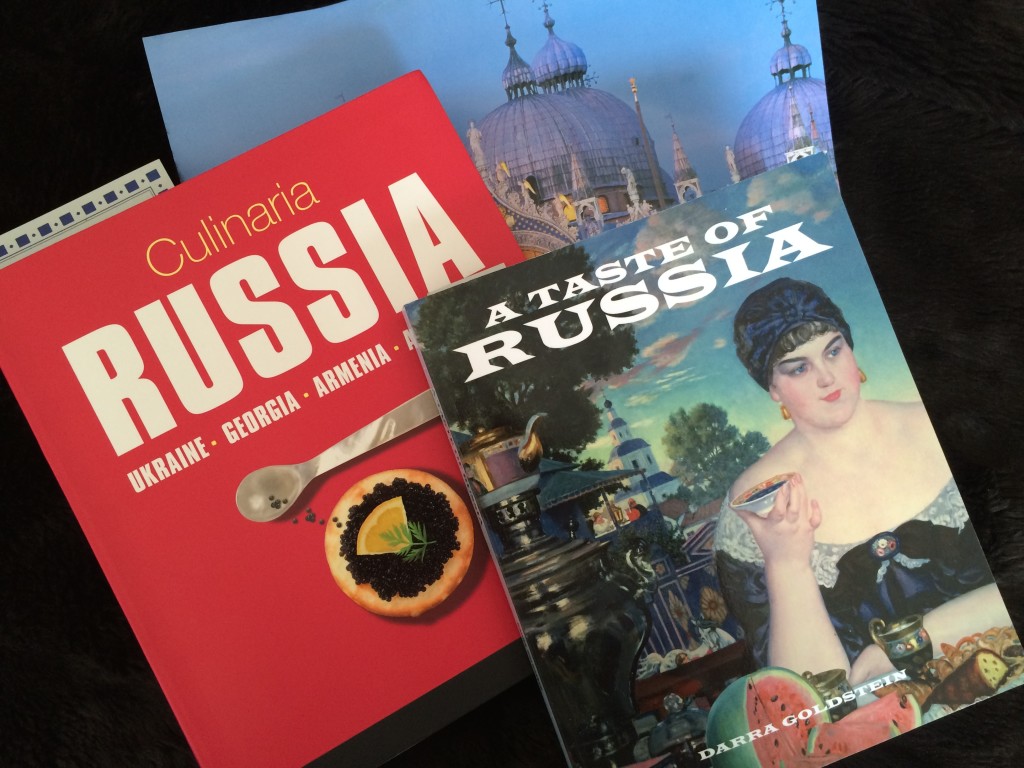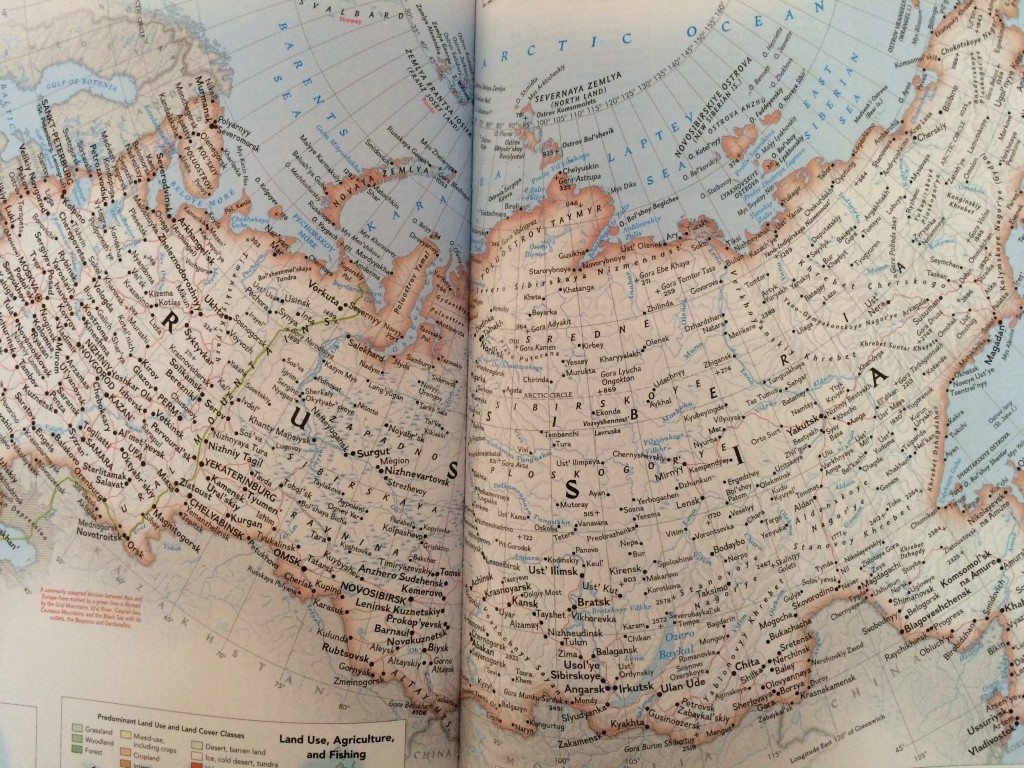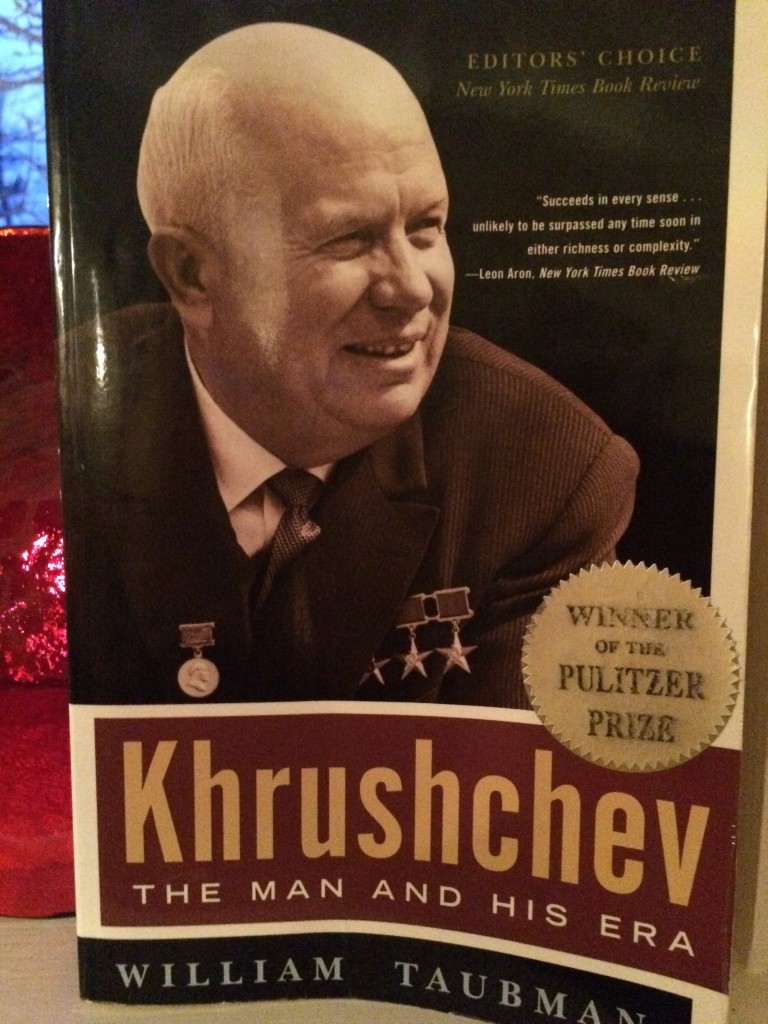If you’ve been following our blog, then you’re likely aware that we spent the month of February, in celebration of Valentine’s Day, dedicated to exploring “All Things Russia.”
While we had originally wrapped “things” up last week, the news of Boris Nemtsov’s murder and Putin’s prominence in the international media has inspired us to continue “exploring” Russia just a bit longer.

Naturally, questions have arisen as to the motives behind 55-year-old Nemtsov’s death. As a Russian democracy activist, he was an outspoken critic of the Kremlin and President Vladimir Putin, and served as a co-chair of the Republican Party of Russia-People’s Freedom Party. (He rose to national prominence in the 1990s during his six-year governship of the Nizhny Novgorod region and was once seen as a possible successor to former President Boris Yeltsin after being named first deputy prime minister in 1997-98).
Interestingly, Nemtsov didn’t receive much favor from the general Russian public and never built a substantial following; a 2013 poll found that only 6 percent of Russians approved his actions, while 48 percent disapproved and 46 percent claimed to know nothing about him.
The below essay may provide some insight into why the Russians didn’t approve of Nemtsov – and why Nemtsov’s “Western-style liberalism” failed to attract the support of the Russian populace. Read more


